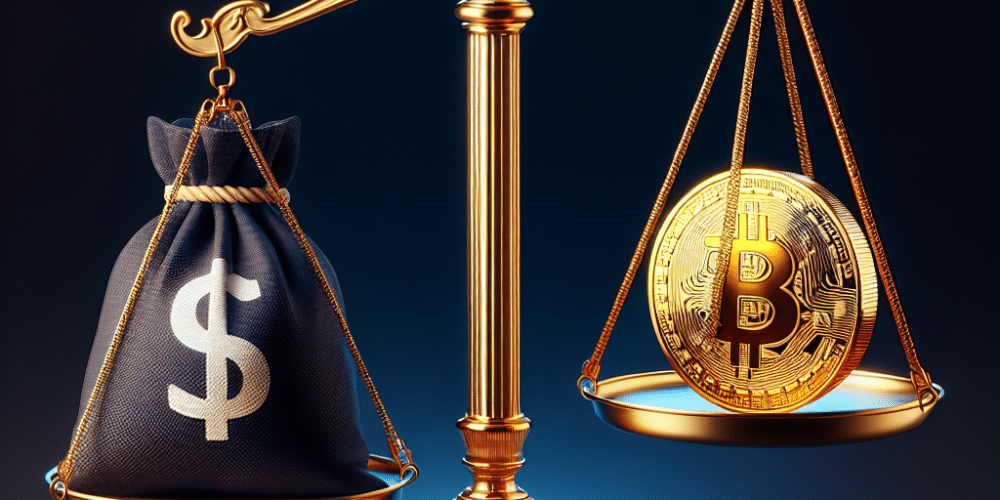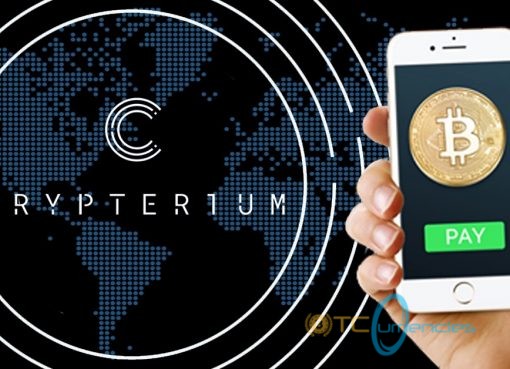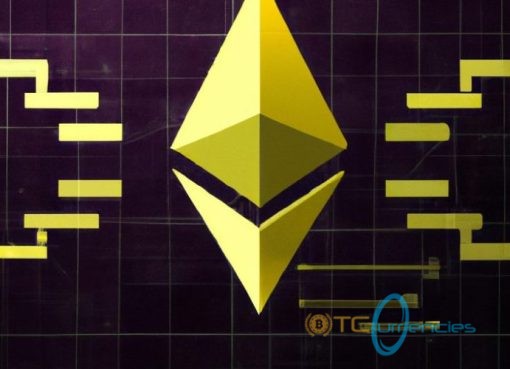In a groundbreaking development for the digital currency market, PayPal has announced the launch of a new feature that allows U.S. customers to use cryptocurrencies to pay at millions of its online merchants globally. This move marks a significant milestone as it bridges the gap between cryptocurrency and traditional retail.
PayPal’s new cryptocurrency checkout service, which rolled out on Tuesday, enables customers holding Bitcoin, Ethereum, Bitcoin Cash, and Litecoin in PayPal digital wallets to convert their holdings into fiat currencies at checkouts to make purchases. This initiative is expected to significantly boost the use of digital assets in everyday commerce.
Dan Schulman, President and CEO of PayPal, emphasized that this marks the first time users can seamlessly use cryptocurrencies in the same way as a credit card or a debit card inside their PayPal wallet. The launch comes as an expansion of PayPal’s capabilities in the cryptocurrency space and follows its commitment to help shape the role digital currencies will play in the future of financial services and commerce.
To facilitate this new service, PayPal has assured that the cryptocurrency conversion into fiat currency would be completed without any additional transaction fees. The company’s commerce platform currently serves over 29 million online merchants worldwide, setting the stage for a potentially significant uptick in cryptocurrency transactions.
Crypto market analysts believe that PayPal’s new service could draw more people to use cryptocurrencies, making digital currencies more valuable as they become more widely accepted. “This is a really big move for crypto adoption,” said Edward Moya, a senior market analyst at OANDA. “It’s going to allow cryptocurrencies to be easier utilized for everyday transactions.”
The decision by PayPal to venture deeper into cryptocurrencies comes amid increasing acceptance of digital currencies from mainstream financial entities and a skyrocketing in cryptocurrency values. Just this year, major companies like Tesla and Mastercard announced significant integrations of cryptocurrency into their financial strategies, propelling market optimism.
Despite the enthusiast market reception, some financial experts express caution, pointing to the volatility and uncertainty surrounding digital currencies. Critics argue that while the integration of cryptocurrencies into payment platforms could increase utility, it might also lead to higher speculative trading which could impact the market stability.
Moreover, regulatory scrutiny remains a major concern. Governments and financial watchdogs around the globe are keeping a close eye on the rapidly growing crypto market, aiming to devise regulatory frameworks that ensure consumer protection without stifling innovation.
As part of its launch, PayPal has highlighted its commitment to working with regulators in the cryptocurrency space. The company has been proactive in securing partnerships and licenses that comply with established financial regulations, providing a secure framework for its users to transact using digital currencies.
The response from the cryptocurrency community has been overwhelmingly positive. Many see PayPal’s endorsement as a validation of the shift towards digital currencies becoming mainstream financial instruments. Social media and cryptocurrency forums buzzed with discussions about the potential impacts of this announcement on the market and future adoption rates.
This initiative is just the start, as PayPal plans to expand the availability of its cryptocurrency offering to select international markets in the next several months. With the digital payment giant’s vast reach and influence, its latest venture into cryptocurrencies might indeed herald a new era of digital finance, reshaping how consumers and businesses transact on a global scale.
As digital currencies continue to evolve and integrate into the global financial ecosystem, PayPal’s move could be seen as a significant milestone that might encourage other financial institutions to adopt a more open stance towards cryptocurrencies. This could potentially speed up mainstream acceptance and transform the financial landscape in the years to come.




